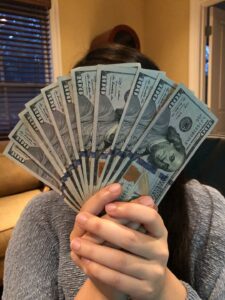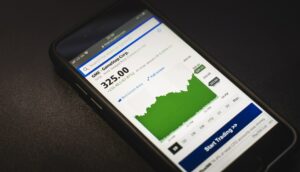The Impact of Market Maker Forex on Volatility in Currency Markets
The foreign exchange market, also known as Forex, is the largest and most liquid financial market in the world. It operates 24 hours a day, five days a week, and sees trillions of dollars worth of transactions taking place on a daily basis. The Forex market is primarily decentralized, meaning that there is no central exchange where all transactions are conducted. Instead, it operates through a network of financial institutions and market participants who trade currencies with each other.
Within the Forex market, there are various types of participants, including individual traders, institutional investors, and market makers. Market makers play a crucial role in ensuring liquidity in the market by constantly quoting bid and ask prices for currency pairs. They are typically large financial institutions or banks that are authorized to create a market for specific currency pairs.
Market makers act as intermediaries between buyers and sellers, providing liquidity by being willing to buy or sell currencies at any given time. They make money through the spread, which is the difference between the bid and ask price. Market makers also have the ability to influence market prices through their trading activities. This influence can have a significant impact on the volatility of currency markets.
One of the ways in which market makers impact market volatility is through their role as liquidity providers. By constantly quoting bid and ask prices, they ensure that there is always a buyer or seller available for any given currency pair. This helps to prevent large price swings and ensures that the market remains relatively stable. When market makers withdraw from the market or reduce their liquidity provision, it can lead to increased volatility as there may be fewer participants willing to buy or sell at a given price.
Market makers also have the ability to influence market prices through their trading activities. They often have access to large amounts of capital and can take positions in the market to profit from price movements. When market makers buy or sell large amounts of a particular currency, it can cause the price to move in the direction of their trades. This can lead to increased volatility as other market participants react to these price movements and adjust their trading strategies accordingly.
Another factor that can impact volatility in currency markets is the trading strategies employed by market makers. Market makers often engage in high-frequency trading, which involves executing a large number of trades in a short period of time. These trades are often based on complex algorithms and can be executed within milliseconds. High-frequency trading can lead to increased volatility as it can amplify price movements and cause rapid fluctuations in market prices.
Market makers also have the ability to influence market sentiment and investor behavior. They often provide market commentary and analysis, which can shape market expectations and influence trading decisions. When market makers express a positive or negative outlook for a particular currency, it can lead to increased buying or selling pressure, which can in turn impact market volatility.
In conclusion, market maker forex plays a crucial role in the foreign exchange market by providing liquidity and ensuring the smooth functioning of currency markets. However, their activities can also have a significant impact on market volatility. Through their role as liquidity providers, trading activities, and trading strategies, market makers can influence market prices and contribute to increased volatility. It is important for traders to be aware of the impact of market makers on volatility and to adjust their trading strategies accordingly.





